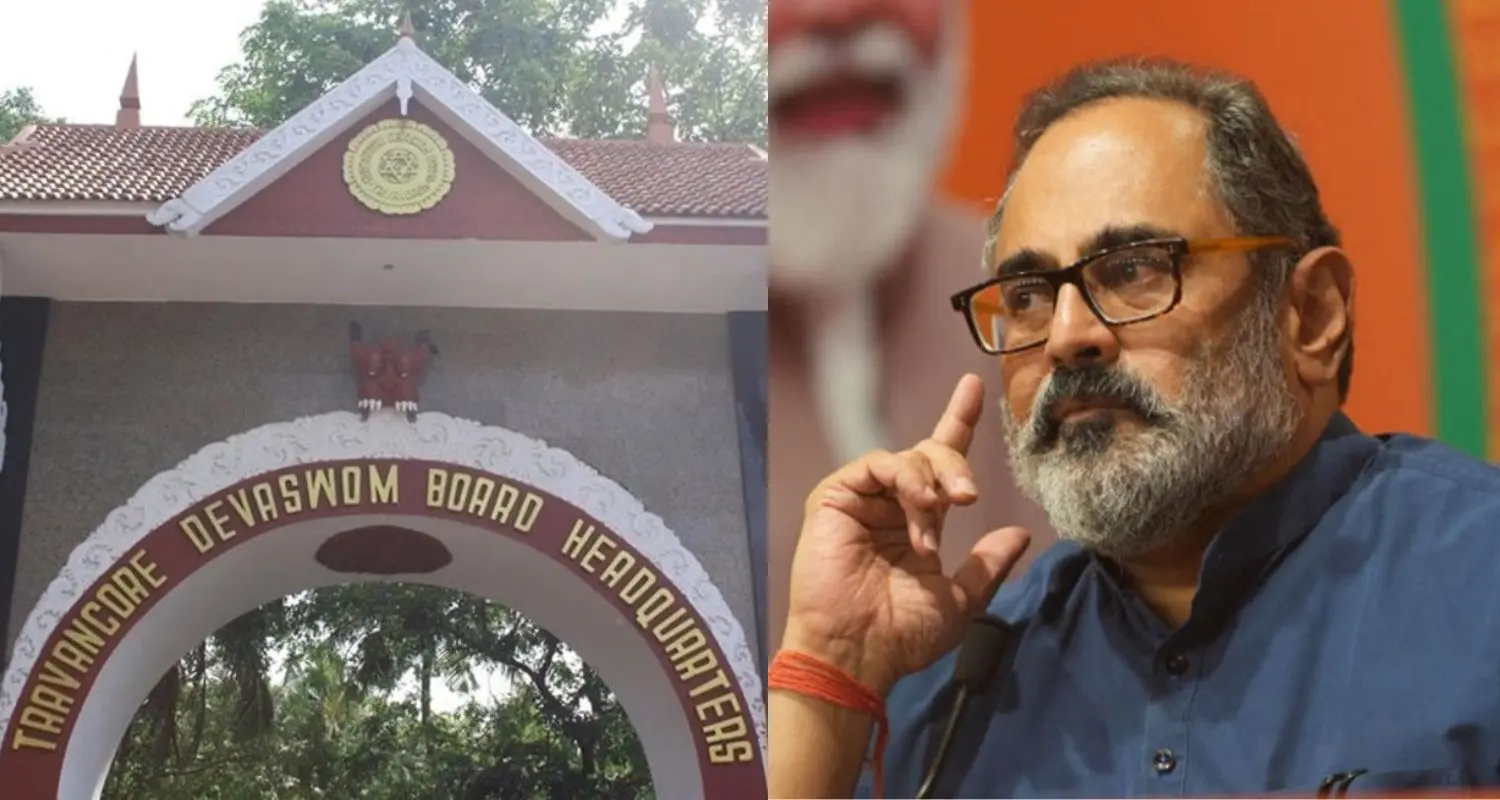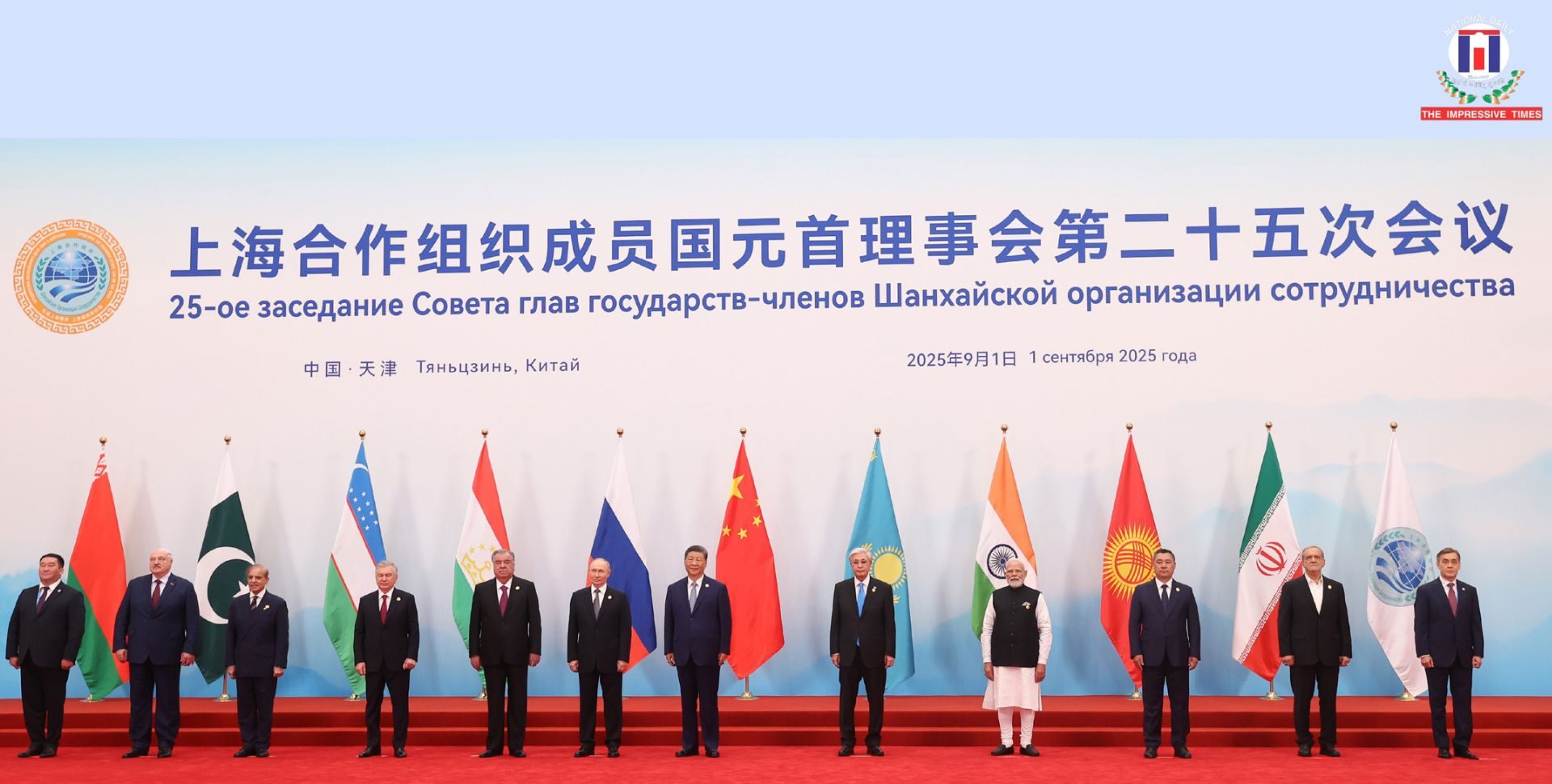Now Reading: Kerala Devaswom Board Signals Possible Shift on Women’s Entry Issue
-
01
Kerala Devaswom Board Signals Possible Shift on Women’s Entry Issue
Kerala Devaswom Board Signals Possible Shift on Women’s Entry Issue

The Travancore Devaswom Board, which manages the Sabarimala temple, has indicated a potential change in its stance regarding the entry of women of all ages into the shrine. This comes amid continuing discussions on balancing traditional beliefs with constitutional rights, a debate that has drawn national attention since the Supreme Court’s 2018 verdict allowed unrestricted entry for women.
Board president K Ananthagopan hinted that the matter may be re-examined, suggesting openness to revisiting the earlier position. While he did not give a clear statement of reversal, his remarks are being seen as significant given the sensitivity of the issue. For many devotees, the tradition of restricting women between the ages of 10 and 50 is tied to the temple’s customs, while activists and legal voices argue that gender-based restrictions cannot override equality.
In smaller towns and Tier 2 cities of Kerala, the debate often reflects both cultural pride and generational shifts in thinking. Younger voices are more open to inclusive practices, while many elders stress preserving the sanctity of rituals. This evolving dialogue indicates that the conversation is no longer just about legal directives but also about how communities interpret faith in a changing society.
The board’s willingness to reconsider its stance could pave the way for a more balanced approach, where religious sentiments and constitutional rights are addressed together. As discussions continue, the final decision will likely shape not only the future of Sabarimala but also broader debates on tradition, faith, and equality in India.

























